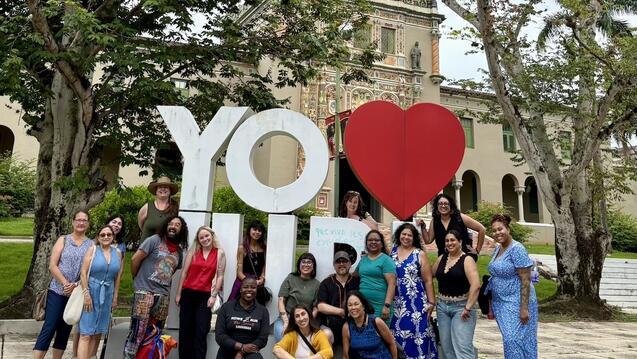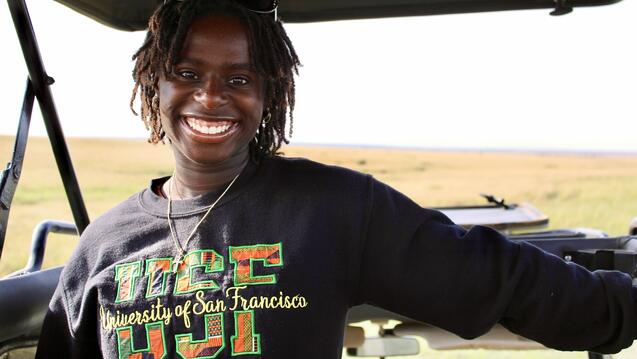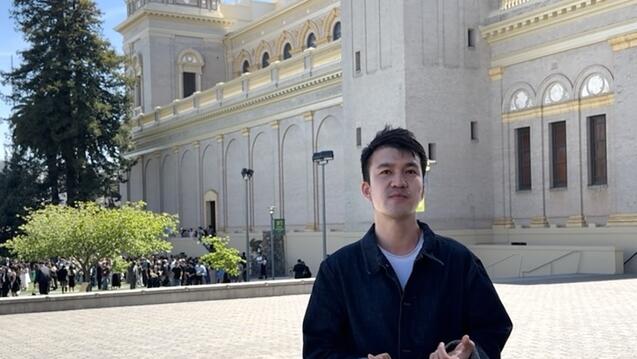Fall 2015 Symposium Recap: Bodies, Healing, and Culture
On Nov. 5-6, 2015, the University of San Francisco Center for Asia Pacific Studies hosted “Bodies, Healing, and Culture: A Social History of Medicine in East Asia.” Leading scholars from the United States, Asia, and Europe gathered in San Francisco to present their research to an audience of interested scholars, the USF community, and the public. The aim of the conference was to facilitate academic conversations on the history of medicine in China, Japan, and Korea from the 16th-mid 20th centuries and to create links among scholars beyond just those working on their particular focus region.
Conference panels examined themes such as the circulation and transmission of medical concepts, medical practitioners & their patients, understandings of the mind and the social history of psychiatry in East Asia, medicine in colonial Asia and occupied Japan, and prioritizing care and public health campaigns since the 1960s. Individual papers presented by nine panelists addressed a variety of topics ranging from the bodily arts of memory, Chinese-Western medical exchange, physicians and their practices in late 16th c. Japan and 19th c. China, eunuch medicine, psychiatry and emotion related disease, treatment of the urban poor in colonial Korea, the intersections of medicine and the environment in occupied Japan, Maoist medicine, international medical assistance in the ROK and the history of breast cancer in South Korea since the 1960s.
The keynote address, “China's Smoking Epidemic in Historical Perspective,” delivered by Carol A. Benedict (Professor of History at the Edmund Walsh School of Foreign Service and the Department of History, Georgetown University), examined why so many Chinese men smoke and the role smoking plays in men’s masculine identity formation.
Highlights from the conference included research that examined bodies as tools for memory and as sites for study and experimentation, i.e. gendered bodies, medicalized bodies, and racialized bodies. Scholars also examined the development of medicine as a profession, access to medical care, and methods of disseminating new knowledge. Several scholars noted the importance of adaptation of this knowledge to the local context while others reminded us of the link governments made between healthy bodies and a strong state. The importance of urbanization on health and society and the importance of hygiene and statistical research was a common theme. Participants also reminded us that we need to be mindful of how we define important terms such as modernity and the terms we use to describe the dissemination of this knowledge so as to avoid slipping back into old paradigms.
Speakers presenting their research at the conference included: Marta Hanson (Johns Hopkins University), Liping Bu (Alma College), Andrew Goble (University of Oregon), Melissa S. Dale (University of San Francisco), Yi-Li Wu (University of Westminster), Akihito Suzuki (Keio University), Emily Baum (University of California, Irvine), Keiko Daidoji (Keio University), Sonja M. Kim (Binghamton University), Shi-yung Liu (Academia Sinica), Chris Aldous (University of Winchester), Miriam Gross (The University of Oklahoma), John P. DiMoia (National University of Singapore), and Soyoung Suh (Dartmouth University). Insightful comments and questions were offered by five discussants: Carol A. Benedict (Georgetown University), Marta Hanson (Johns Hopkins University), Peter Szto (University of Nebraska at Omaha), Cyrus Chen (University of San Francisco), and Laura Nelson (UC Berkeley).
Asia Pacific Perspectives, the USF Center for Asia Pacific Studies peer-reviewed, indexed, online journal, plans to publish a special issue on the history of medicine in East Asia based upon papers and themes from the conference. Scholars interested in this special issue may visit the journal’s website.
This conference was chaired by Melissa S. Dale (Executive Director and Assistant Professor, Center for Asia Pacific Studies at USF). Funding was provided by the University of San Francisco Center for Asia Pacific Studies and co-sponsored by the USF MA in Asia Pacific Studies and Asian Studies programs. For more information about the conference, contact Amanda Dzida at ahdzida@usfca.edu.


